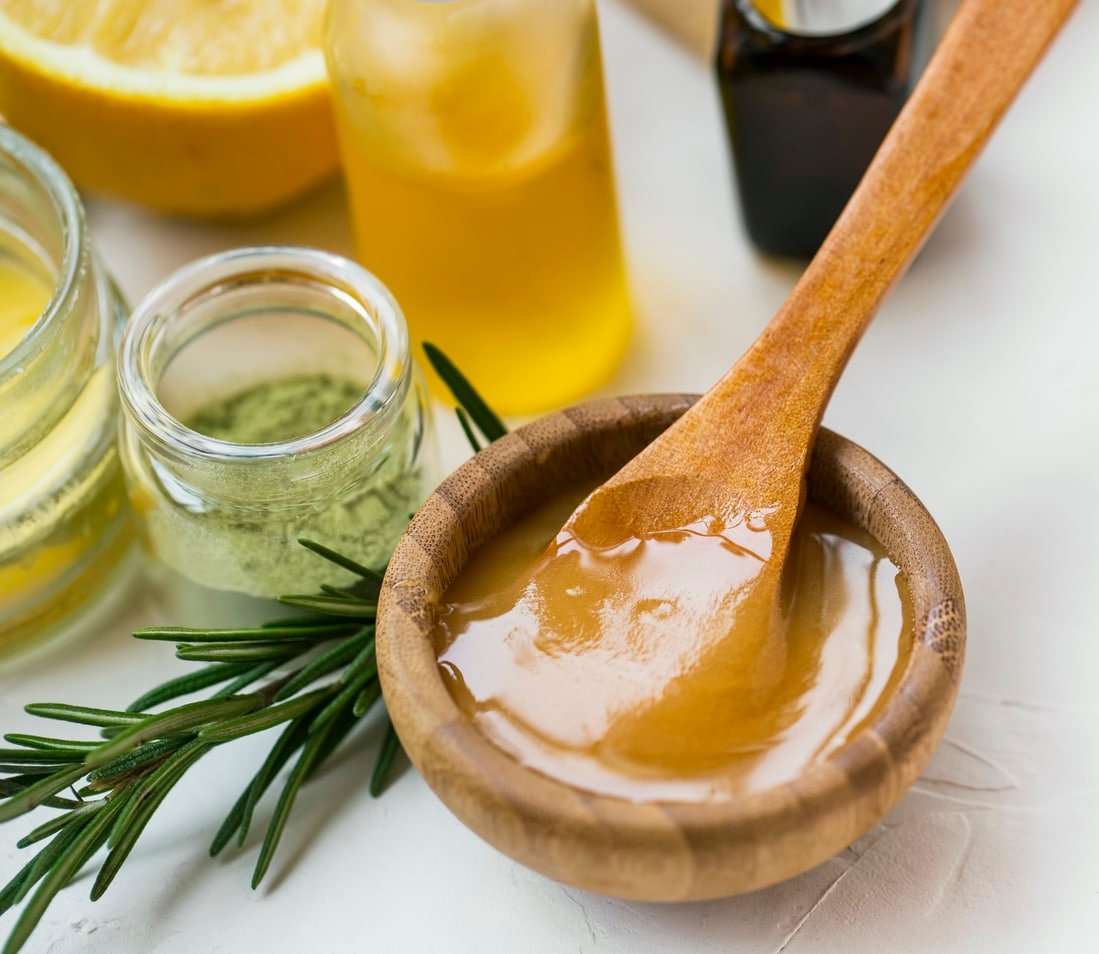In a world filled with complicated formulas and high-tech beauty products, natural skincare stands out for its simplicity and effectiveness. Whether you’re building a basic routine or looking to reduce your exposure to synthetic chemicals, natural ingredients offer safe, affordable, and powerful alternatives that can transform your skin.
In this guide, you’ll discover some of the best natural ingredients for skincare — all backed by everyday wisdom and known benefits (without medical claims). These options are perfect for anyone seeking a more gentle, nourishing approach to skincare.
Why Choose Natural Ingredients?
Natural skincare isn’t just a trend. It’s a conscious choice that can benefit your skin, your wallet, and the environment. Here’s why many people prefer going natural:
- Fewer harsh chemicals: Less risk of irritation for sensitive skin
- Eco-friendly: Many natural ingredients are biodegradable and sustainably sourced
- Multi-use: One ingredient can often serve multiple purposes
- Budget-friendly: Many can be found in your kitchen or local grocery store
The key is knowing which natural ingredients are worth adding to your routine — and how to use them correctly.
1. Aloe Vera – The Soothing Hydrator
Aloe vera is a well-known plant with a clear, gel-like substance inside its leaves. It’s famous for its soothing, cooling, and hydrating properties.
Benefits:
- Calms redness and irritation
- Provides lightweight hydration
- Helps refresh tired or sun-exposed skin
How to use: Apply a thin layer of pure aloe gel as a moisturizer or soothing mask. Store it in the fridge for extra cooling effects.
2. Honey – The Natural Humectant
Honey is more than just a sweet treat — it’s a gentle, moisturizing powerhouse. Raw honey, in particular, has been used for centuries in beauty routines.
Benefits:
- Attracts and locks in moisture
- Leaves skin soft and glowing
- Gently cleanses without drying
How to use: Spread a teaspoon of raw honey onto clean skin and leave it on for 10–15 minutes before rinsing. You can also mix it into DIY masks.
3. Coconut Oil – The Multipurpose Moisturizer
Coconut oil is rich in fatty acids, making it a great natural moisturizer for dry or flaky skin. It’s especially helpful in colder months.
Benefits:
- Deeply moisturizes dry areas
- Softens rough patches (like elbows or knees)
- Can be used as a body or lip balm
How to use: Use a small amount on dry areas, or as an overnight hand and foot treatment. It may be too rich for the face if your skin is oily or acne-prone.
4. Oatmeal – The Gentle Cleanser
Oatmeal is a comforting ingredient for sensitive or easily irritated skin. Finely ground oats (colloidal oatmeal) are particularly useful in calming the skin.
Benefits:
- Soothes itching and discomfort
- Gently exfoliates and cleanses
- Helps balance skin’s natural pH
How to use: Mix with water or yogurt to create a creamy face mask. Gently massage into skin, then rinse.
5. Green Tea – The Skin Refresher
Green tea is loaded with antioxidants that help support a fresh, even-toned appearance. It also feels refreshing on the skin, especially in hot weather.
Benefits:
- Revitalizes tired-looking skin
- Helps tone and refresh
- Calms the skin after sun exposure
How to use: Brew and chill green tea. Use it as a toner with a cotton pad or as a base for DIY face mists.
6. Cucumber – The Cooling Tonic
You’ve probably seen cucumber slices on the eyes in spa scenes — and with good reason. This water-rich vegetable hydrates and calms on contact.
Benefits:
- Reduces puffiness around the eyes
- Soothes hot or irritated skin
- Provides light hydration
How to use: Place slices on your face, blend into a mask, or apply cucumber water with a cotton pad.
7. Olive Oil – The Nourishing Conditioner
Olive oil isn’t just for cooking — it’s a rich emollient that can help soften dry skin and even remove makeup.
Benefits:
- Provides deep moisture to dry skin
- Can be used as a gentle cleanser
- Softens hands, cuticles, and lips
How to use: Massage a few drops into dry areas or use with a cotton pad to remove makeup. It’s best for body use rather than face, especially for oily skin.
8. Rose Water – The Gentle Toner
Rose water has been used in skincare for generations. Its light, floral scent and gentle properties make it a favorite for all skin types.
Benefits:
- Refreshes and hydrates skin
- Balances and tones after cleansing
- Adds a natural glow
How to use: Mist onto the face after washing or use with a cotton round. Store in the fridge for a refreshing boost.
9. Avocado – The Creamy Moisturizer
Avocado is packed with healthy fats and vitamins, making it a perfect ingredient for deep hydration.
Benefits:
- Softens and nourishes dry skin
- Rich in vitamin E and natural oils
- Great for masks and treatments
How to use: Mash a ripe avocado and apply it as a mask for 10–15 minutes. Rinse with warm water and pat dry.
How to Use Natural Ingredients Safely
Even natural products can cause irritation if not used properly. Here are a few tips:
- Patch test first: Always test a new ingredient on a small area of skin
- Use clean tools: When making DIY masks or mixtures
- Store ingredients properly: Especially aloe vera gel, rose water, and DIY blends
- Don’t overdo it: Less is more — use natural ingredients 1–3 times a week as needed
Final Thoughts: Nature’s Skincare is Simple and Effective
You don’t need an overflowing shelf of expensive products to take care of your skin. Many of the best solutions are already in your kitchen or garden. By using gentle, effective ingredients from nature — like aloe, honey, or oatmeal — you can nourish your skin in a safe, simple, and affordable way.
Experiment slowly, stay consistent, and enjoy the benefits of a more natural approach to beauty.
